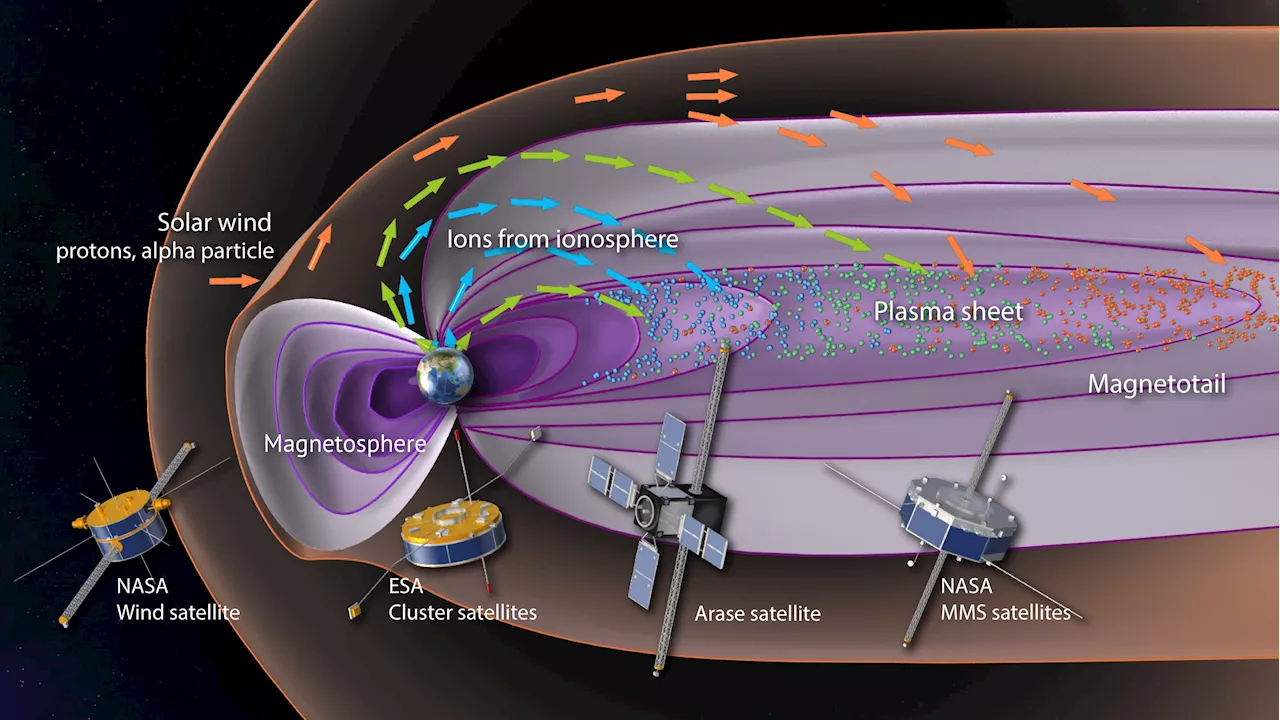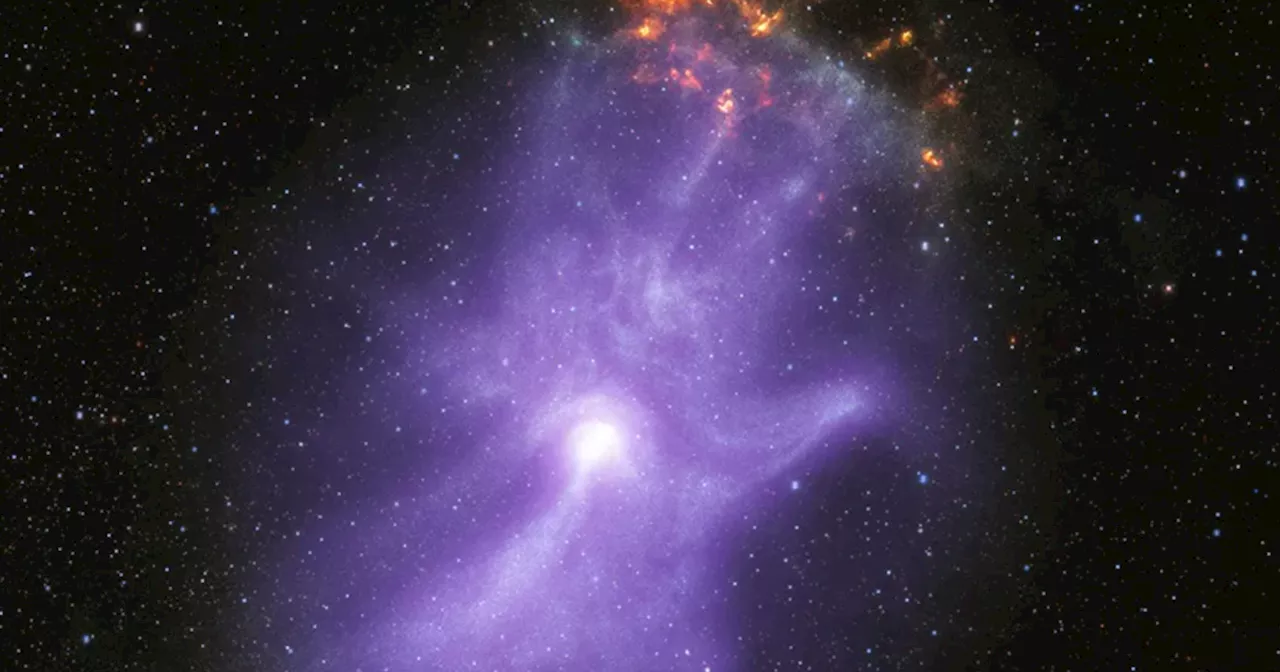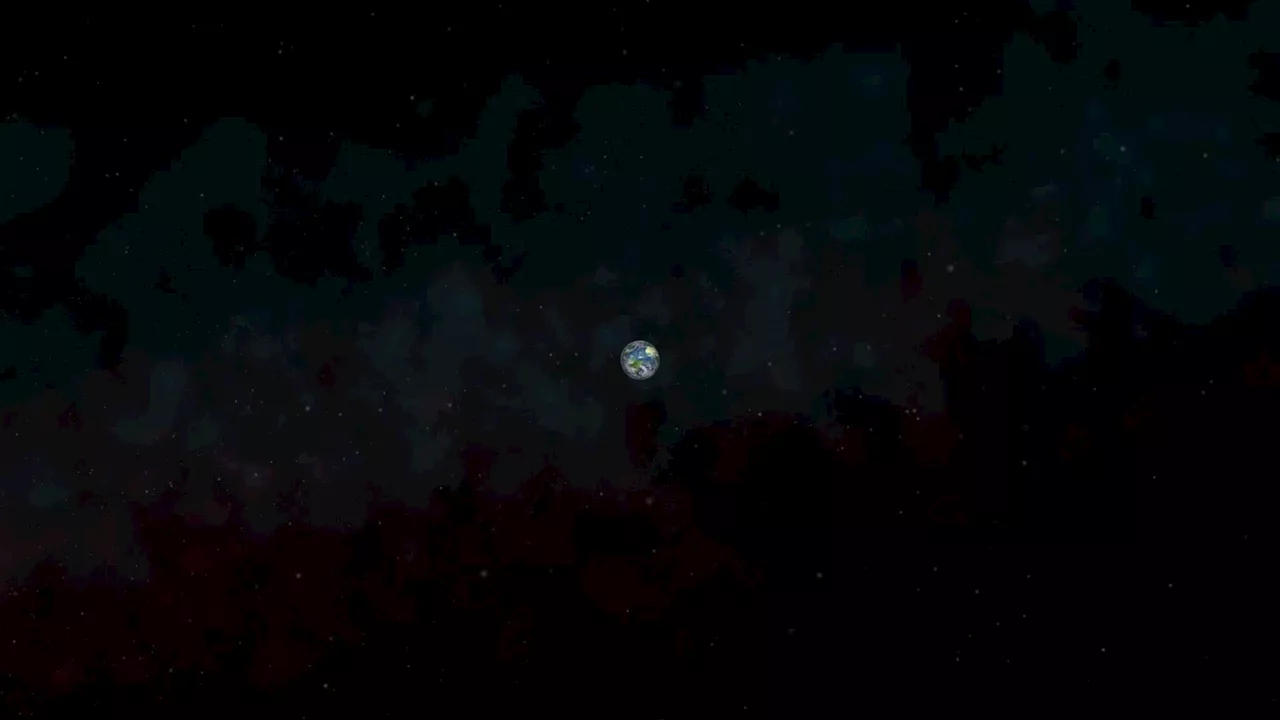The oxygen content of seawater has a profound impact on the cycling of bioessential elements and the habitability of Earth. But how and why the marine oxygen landscape (i.e., the spatial pattern of oxygen levels) evolved since the start of the Phanerozoic 538 million years ago is not well established.
retrieved 1 November 2023 from https://phys.org/news/2023-11-marine-oxygen-landscape-plate-movement.html
This document is subject to copyright. Apart from any fair dealing for the purpose of private study or research, no part may be reproduced without the written permission. The content is provided for information purposes only.Use this form if you have come across a typo, inaccuracy or would like to send an edit request for the content on this page. For general inquiries, please use ourThank you for taking time to provide your feedback to the editors.
Your feedback is important to us. However, we do not guarantee individual replies due to the high volume of messages.to let the recipient know who sent the email. Neither your address nor the recipient's address will be used for any other purpose. The information you enter will appear in your e-mail message and is not retained by Phys.org in any form.Get weekly and/or daily updates delivered to your inbox.
United States Latest News, United States Headlines
Similar News:You can also read news stories similar to this one that we have collected from other news sources.
 Study reveals importance of Earth's upper atmosphere in geomagnetic storm developmentA study from an international team led by researchers from Nagoya University in Japan and the University of New Hampshire in the United States has revealed the importance of the Earth's upper atmosphere in determining how large geomagnetic storms develop.
Study reveals importance of Earth's upper atmosphere in geomagnetic storm developmentA study from an international team led by researchers from Nagoya University in Japan and the University of New Hampshire in the United States has revealed the importance of the Earth's upper atmosphere in determining how large geomagnetic storms develop.
Read more »
 Eerie new NASA image shows 'ghostly cosmic hand' 16,000 light-years from EarthNASA's Imaging X-Ray Polarimetry Explorer telescope studied the nebula for about 17 days, the agency said, marking the longest time it has focused on one object.
Eerie new NASA image shows 'ghostly cosmic hand' 16,000 light-years from EarthNASA's Imaging X-Ray Polarimetry Explorer telescope studied the nebula for about 17 days, the agency said, marking the longest time it has focused on one object.
Read more »
 How Dinosaur Ancestors Survived Earth's Biggest Mass ExtinctionA discovery suggests that an ancient species acquired a key evolutionary innovation before a mass extinction event, enabling related creatures to dominate the Earth for millions of years.
How Dinosaur Ancestors Survived Earth's Biggest Mass ExtinctionA discovery suggests that an ancient species acquired a key evolutionary innovation before a mass extinction event, enabling related creatures to dominate the Earth for millions of years.
Read more »
 Earth’s freshwater is getting saltier, and people are to blameIncreased salt concentrations could become “an existential threat” to our freshwater supplies, researchers warned.
Earth’s freshwater is getting saltier, and people are to blameIncreased salt concentrations could become “an existential threat” to our freshwater supplies, researchers warned.
Read more »
 New Evidence Earth Is Leaking HeliumScientists have found expected amounts of a rare form of helium in volcanic rocks in Canada, lending further credence to a theory about Earth’s origins.
New Evidence Earth Is Leaking HeliumScientists have found expected amounts of a rare form of helium in volcanic rocks in Canada, lending further credence to a theory about Earth’s origins.
Read more »
